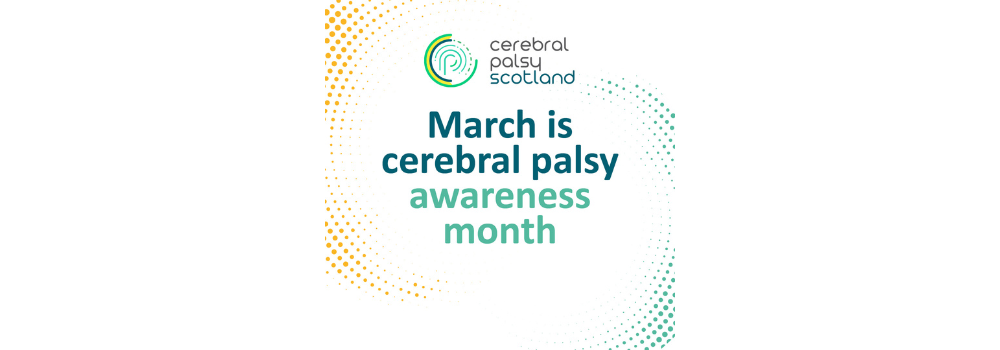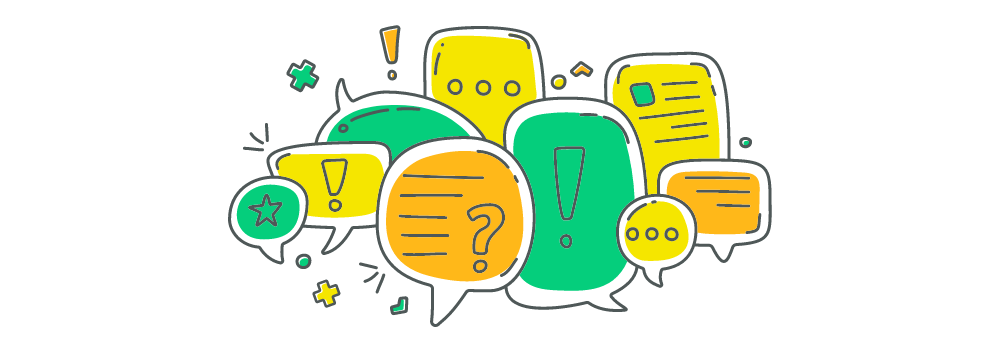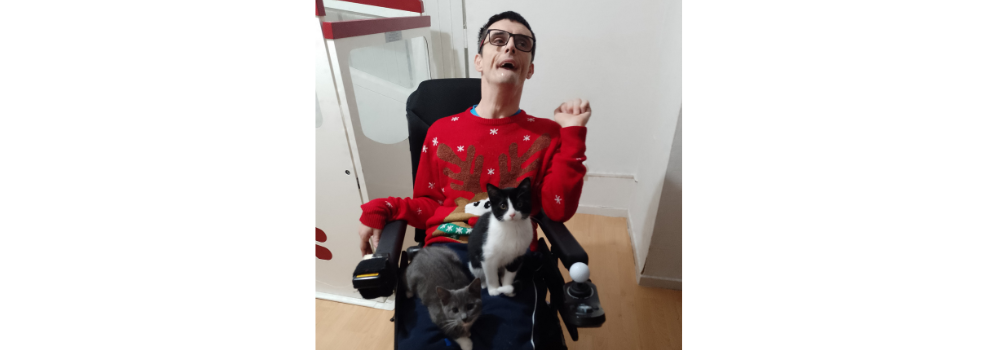As part of Cerebral Palsy Awareness month, Danielle shares her experiences as a parent of her son Joseph who has cerebral palsy.
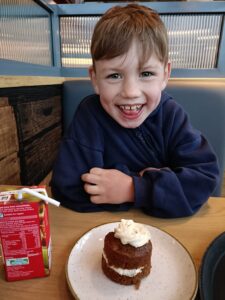
Our son Joseph was diagnosed with dyskinetic cerebral palsy when he was four, he’s now 6. He loves going to football games and riding his bike and has the cheekiest outgoing personality.
There are many causes for cerebral palsy, in Joseph’s case his brain temporarily didn’t get enough oxygen (asphyxiation) during a difficult birth. An MRI confirmed permanent brain damage when he was a few days old.
Cerebral palsy can affect movement and muscles (e.g. tongue, lips and jaw) needed to produce speech. Joseph can verbally communicate most of the time but also uses others ways to communicate like sign language and symbol pictures as he’s not always understood. The biggest challenge is when Joseph is upset when he’s not understood, this can be really difficult when he becomes upset and frustrated. But his speech is becoming clearer ever day and has constant support from his speech therapist. Even his friends and school teacher love learning sign language too which makes Joseph feel even more included and boosts his self esteem.
Joseph has difficulties with fine motor control in his hands and can struggle to do certain tasks, like dress himself or open book pages but Joseph has a great occupational
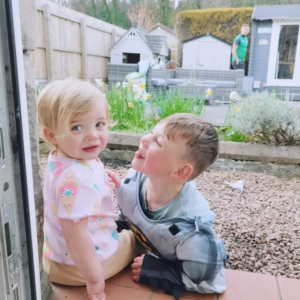
therapist who always makes sure we’re doing activities and he is smashing his goals.
We were very lucky to attend Cerebral Palsy Scotland Fife Outreach programme for one week of intense therapy last year. It was the first time Joseph was able to use a fork and knife all by himself cutting up things. He looked at me with the biggest smile on his face. It was the best feeling. It highlighted the fact that he can achieve anything he put his mind to, the experts at Cerebral Palsy Scotland gave him all the tools and support he needed to achieve this. I really admire the passion the therapists at CP Scotland have, we felt so lucky to have this time with them. We learnt so much about Joseph we didn’t know before. Joseph called the therapy rooms the games room and couldn’t wait to go back.
Joseph is loving his local mainstream school and has the most amazing group of friends. He’s absolutely thriving and loving life. His friends are so supportive and understanding of Joseph. I feel it’s really important to talk to children about different disabilities and as a parent I would always welcome any questions that any adult or child had and encourage parents to speak to their children about disabilities. I would say to other adults not to be scared or feel judged, children are curious too and that’s okay! It’s okay to not know the answer, not even us as parents know the answer sometimes! Just being open and honest can be super helpful and we can all learn from each other.
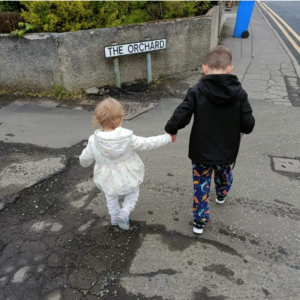
It can sometimes feel lonely parenting a child with a disability and you can often wonder if you are making the right choices and stuck worrying about the future. Trying to be as open as possible and seeking support when you really need it I feel is important. ❤️
.

